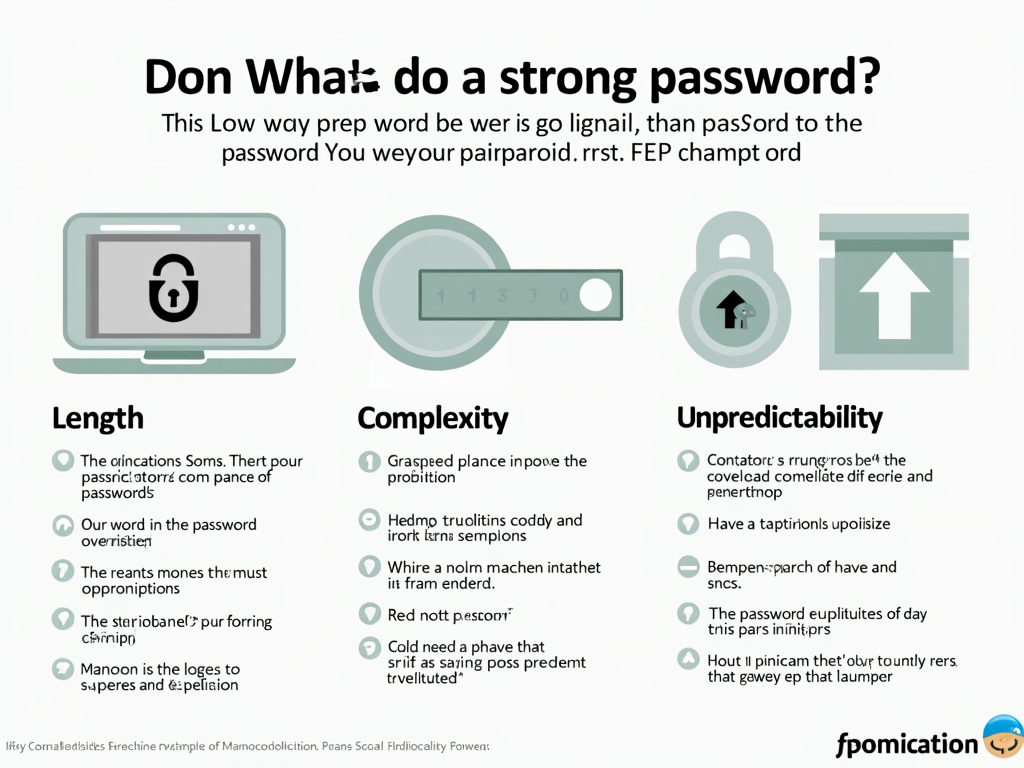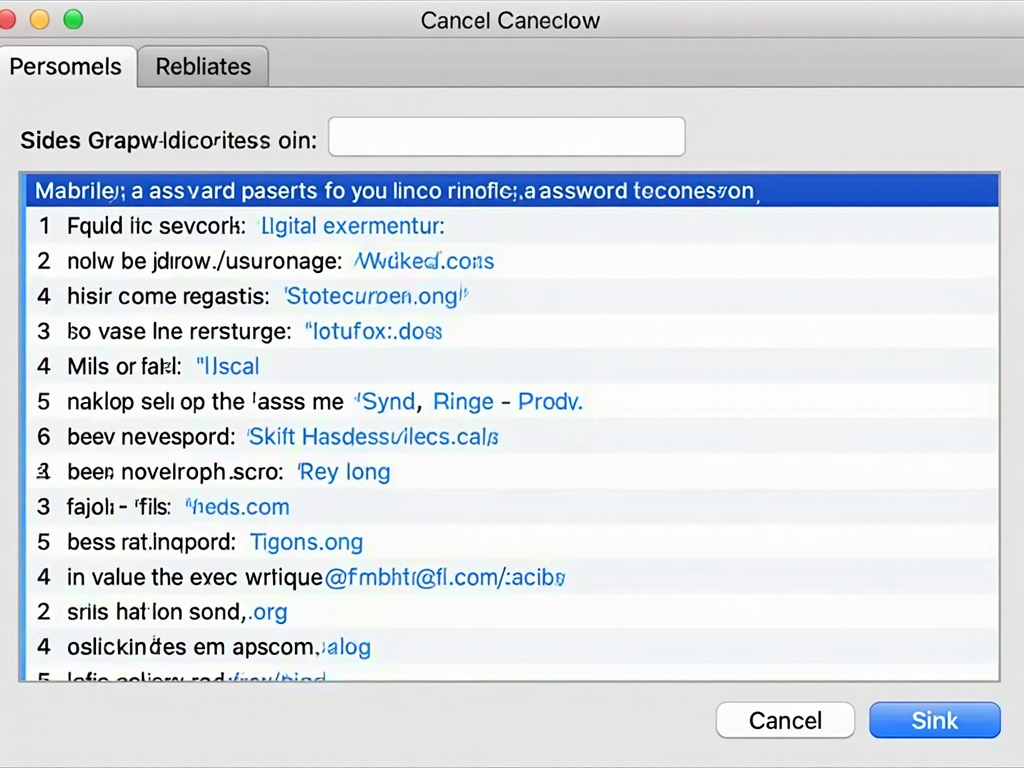The Importance of Strong Passwords and How to Create Them
In today's digital age, where cyber threats are increasingly sophisticated, understanding the importance of strong passwords is more critical than ever. This article explores why strong passwords are your first line of defense against cybercriminals and provides actionable advice on how to create and manage them effectively.
Why Strong Passwords Matter
Imagine waking up one day to find your email account hacked, with spam messages sent to all your contacts. That's exactly what happened to me a few years ago because I used a weak password. It was a wake-up call that taught me the hard way about the importance of strong passwords.
According to Verizon's 2023 Data Breach Investigations Report, 80% of hacking-related breaches involve compromised passwords. Weak passwords are like leaving your front door unlocked; they make it easy for cybercriminals to access your personal information, steal your identity, or even drain your bank account.

Characteristics of a Strong Password
So, what makes a password strong? It's not just about making it complicated; it's about making it unpredictable. Here are the key characteristics:
- Length: Aim for at least 12 characters. The longer, the better.
- Complexity: Include a mix of uppercase and lowercase letters, numbers, and special characters.
- Unpredictability: Avoid using common words, phrases, or patterns like '123456' or 'password.'
Think of your password as a key to your digital life. The more unique and complex it is, the harder it is for someone to pick the lock.
How to Create Strong Passwords
Creating a strong password doesn't have to be daunting. Here are some practical methods:
- Use Passphrases: Combine unrelated words to form a phrase, like 'BlueCoffeeSunnyDay.' It's easy to remember but hard to guess.
- Include Variations: Replace letters with numbers or symbols, such as 'Bl ueC0ff33$unnyD@y.'
- Avoid Personal Information: Don't use your name, birthdate, or other easily discoverable details.
- Password Generators: Many online tools can generate random, strong passwords for you.
Remember, the goal is to create a password that is unique to you and not easily guessable.

Managing Passwords
With so many accounts to manage, remembering multiple strong passwords can be challenging. That's where password managers come in. These tools can generate, store, and autofill complex passwords for you, so you only need to remember one master password.
Additionally, enabling two-factor authentication (2FA) adds an extra layer of security. Even if someone gets your password, they'll need a second form of verification to access your account.
Regularly updating your passwords is also important. Set reminders to change them every few months, especially for critical accounts like banking or email.
Common Mistakes to Avoid
Even with the best intentions, it's easy to make mistakes when it comes to passwords. Here are some common pitfalls to avoid:
- Reusing Passwords: Using the same password across multiple accounts is risky. If one account is compromised, others are vulnerable too.
- Writing Passwords Down: Avoid keeping passwords on sticky notes or in easily accessible digital files.
- Sharing Passwords: Never share your passwords with anyone, even trusted friends or family.
By steering clear of these mistakes, you can significantly enhance your online security.

In summary, strong passwords are essential for protecting your online accounts from cyber threats. By understanding the characteristics of strong passwords and following best practices for creating and managing them, you can safeguard your digital life. Start implementing these tips today to ensure your personal information remains secure.